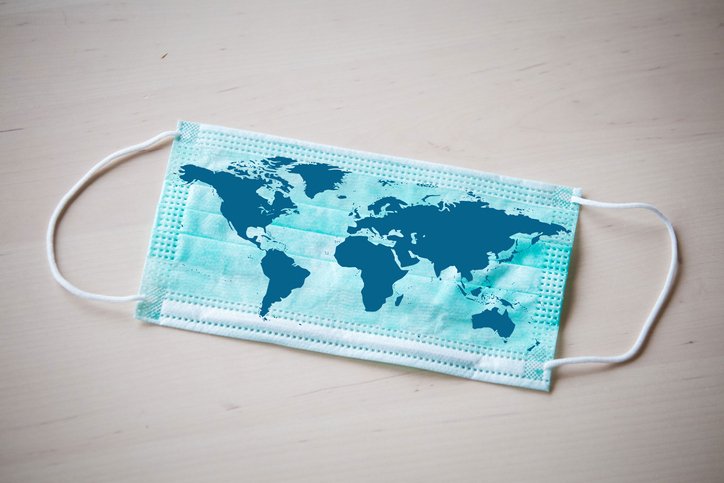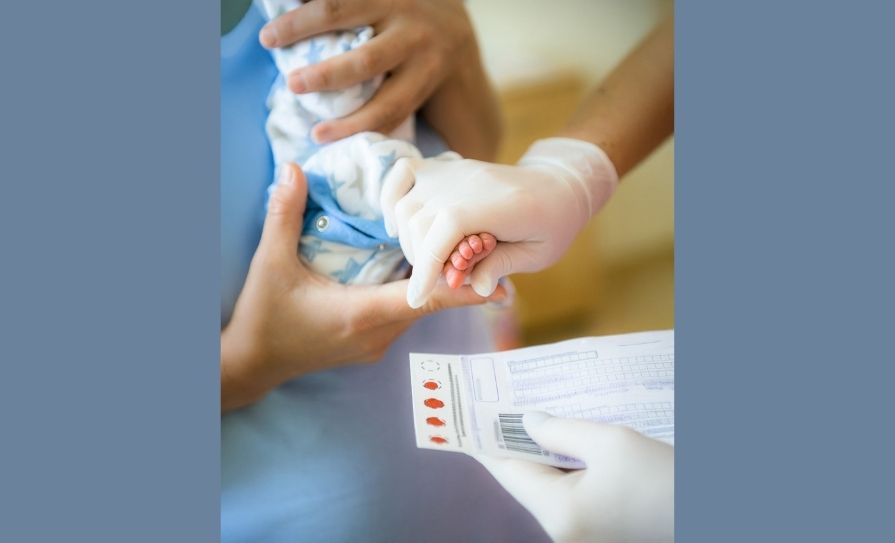A plan to provide a national faecal microbiota transplant (FMT) service in Ireland was closed in late March after significant disruption caused by the Covid-19 pandemic, the Medical Independent (MI) can report. The development of a new business case on what is required to “establish and maintain” a stool bank in Ireland is now underway. In January 2020, MI reported that Stool Bank Ireland aimed to start providing FMT in Irish hospitals to treat refractory or recurrent Clostridioides difficile infection (CDI).
Stool Bank Ireland is a team of clinicians and researchers from a number of different organisations and the group received funding under the Sláintecare Integration Fund. FMT involves the transfer of stool from a healthy donor into the patient’s gastrointestinal tract for the purpose of treating recurrent CDI. Covid-19 “most certainly impacted the project”, Dr Fidelma Fitzpatrick, Consultant/Senior Lecturer in Microbiology at the RCSI and member of Stool Bank Ireland, recently told MI. Dr Fitzpatrick said these difficulties were not confined to this island.

“It also impacted FMT and stool banks worldwide,” she added.
“Following difficulties encountered sourcing a supply… it became apparent over the course of the grant that it was not possible to source FMT from overseas and that we would need to produce FMT in Ireland.” There were plans to set up a facility in Cork to produce FMT for national use.
“This process would have extended beyond the lifetime of the grant, so we sought to lay the groundwork for this under the Sláintecare grant.
“However, it was not possible to do this under the grant, hence we had to close the project on 31 March 2021,” said Dr Fitzpatrick However, Dr Fitzpatrick said the Department of Health has advised the group to prepare a business case outlining requirements to establish and maintain a stool bank in Ireland. This is currently in preparation.
See news feature, p14.













Leave a Reply
You must be logged in to post a comment.